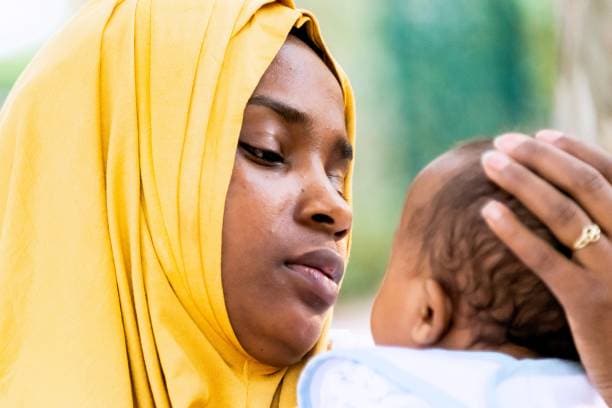Immigrant and Refugee Health
More than 1 billion people globally are immigrants, refugees, and migrants, which is 1 in 7 of the global population 1. Immigrants, refugees, and migrants are individuals who moved from one place to another. However, their reason for leaving (voluntarily or involuntarily) and the length of time they plan to stay in their new destination (temporarily or permanently) distinguishes them. Refugee, immigrant, and migrant communities, also known as RIM communities, are often unequally affected by economic, social, and other obstacles to health and healthcare.
Promoting Health Equity

Learn more about CDC’s CORE commitment to Health Equity.
RIM communities include people from diverse regions of the world with different backgrounds and experiences. Immigrants, refugees, and migrants, especially if recently resettled in the U.S., may face many health disparities.
Factors leading to these disparities may include:
- lack of health insurance
- barriers to access to quality healthcare
- workplace conditions
- education
- income and wealth gaps
Promoting health equity for immigrants, refugees, and migrants helps protect RIM populations and the communities they settle in.
Making a Healthier and Safer World

CDC works to promote and improve the health of immigrants, refugees, and migrants globally. This helps prevent the importation of infectious diseases into the U.S. by:
- Providing disease surveillance
- Improving public health capacity at border crossings
- Supporting outbreak responses
- Developing Technical Instructions for Panel Physicians and Civil Surgeons who perform mandatory health screenings of applicants for US residency in accordance with U.S. laws and regulations
- Supporting international vaccination and parasite treatment programs for refugees resettling to the United States
- Providing Refugee Health Profiles and guidance for pre-departure and post-arrival screening and treatment of refugees
- Developing and sharing culturally and linguistically appropriate health education and communication materials
- Sharing relevant health information with U.S. health departments and healthcare providers providing care for RIM populations after they arrive in the United States
- Conducting additional research on public health issues that impact migrants
CDC also works with partners to connect mobile populations with domestic resources to ensure a continuum of care that helps them live healthy, active, and productive lives in their new communities. Learn more about what community- and faith-based organizations, employers, healthcare systems and providers, public health agencies, policy makers, and others can do to promote fair access to health, improve opportunity, and ensure RIM communities thrive.
- World Health Organization (2022). Refugee and migrant health. Retrieved from https://www.who.int/health-topics/refugee-and-migrant-health#tab=tab_1.